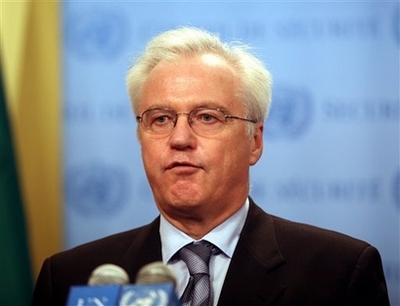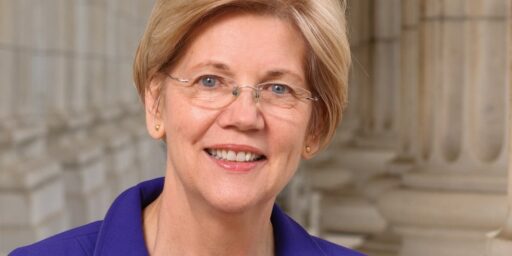Pushing the UN to Act When it Must
Ivo Daalder and James Lindsay have an interesting essay in today’s Boston Globe entitled “Pushing the UN to act when it must,” addressing last week’s UN self-study that called for major reform of that institution.
Not surprising for a UN-appointed body, the panel vests the sole authority to decide on when to act on these principles within the UN Security Council. This is unfortunate. Recent history makes clear the council is often unwilling to act on the very principles the panel now embraces. The council failed to authorize NATO’s intervention in Kosovo designed to prevent the ethnic cleansing of Kosovar Albanians. It failed to act in time to prevent the genocide in Rwanda, and is equally divided on how to respond to the genocide in Darfur. It has done nothing in response to North Korea’s violation of its obligations under the nuclear Non-Proliferation Treaty. Enlarging the council’s membership from 15 to 24 states, as the panel also proposes, is not in itself a way out of this dilemma.
What, then, are states wishing to act on the principles of intervention the panel endorses to do if the UN Security Council refuses to authorize the use of force? The panel is right to say that unilateral action in such circumstances is a recipe for chaos and anarchy. But so is doing nothing. Had the panel’s precepts ruled in the case of Kosovo, hundreds of thousands of ethnic Albanians would have suffered the same fate their fellow-beings suffered in Rwanda a decade ago or in Darfur today. What is wrong was not the decision to act in Kosovo; what is wrong is the decision not to do so in Rwanda and Darfur.
The NATO model in Kosovo suggests that in the real world, states have an alternative to going it alone or doing nothing when the UN Security Council cannot agree on action. And that is for like-minded states — especially the world’s great democracies — to band together and act when the UN will not. Of course, every effort must be made to get Security Council authorization for using force to uphold international order. But when such authorization is blocked by a few states — especially by states like Russia or China that do not share the values that unite democracies — then the responsibility to act must devolve to the democratic states that depend on maintaining a just and secure world order.
The challenge, therefore, is not only to insure that the UN acts when it must, but to build viable structures of cooperation among democratic states to insure that there will be action when the UN does not.
While Daalder and Lindsay are correct in this assessment, they offer no institutional mechanism to resolve this dilemma. The reason is clear: the nature of state sovereignty precludes such an institution from forming. A UN that consisted only of democracies would certainly be more amenable to cooperation than one that admits all states, regardless of regime type or economic and military capacity. But, as the Iraq case made all too clear, even the world’s democracies don’t always agree. So-called “unilateralism” (which, contrary to definition, often involves dozens of states) is messy and creates precedents that we wouldn’t want certain states to follow. The alternative, however, is far from obvious.




